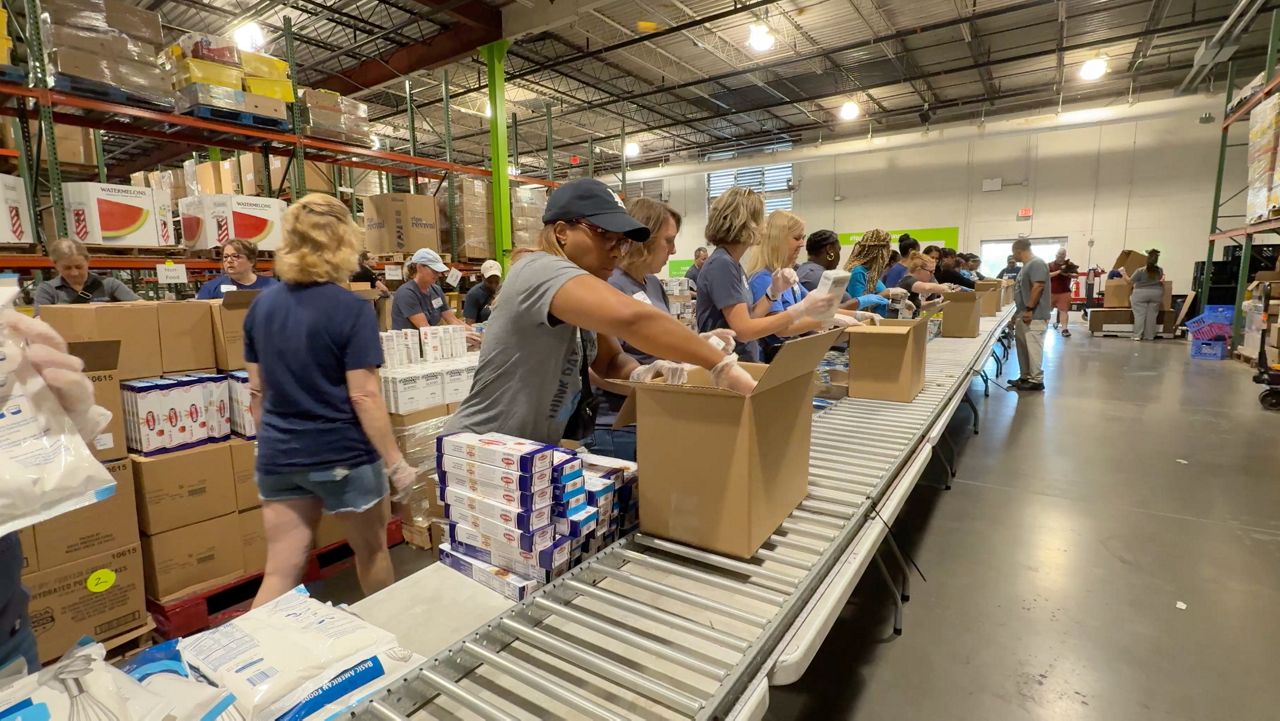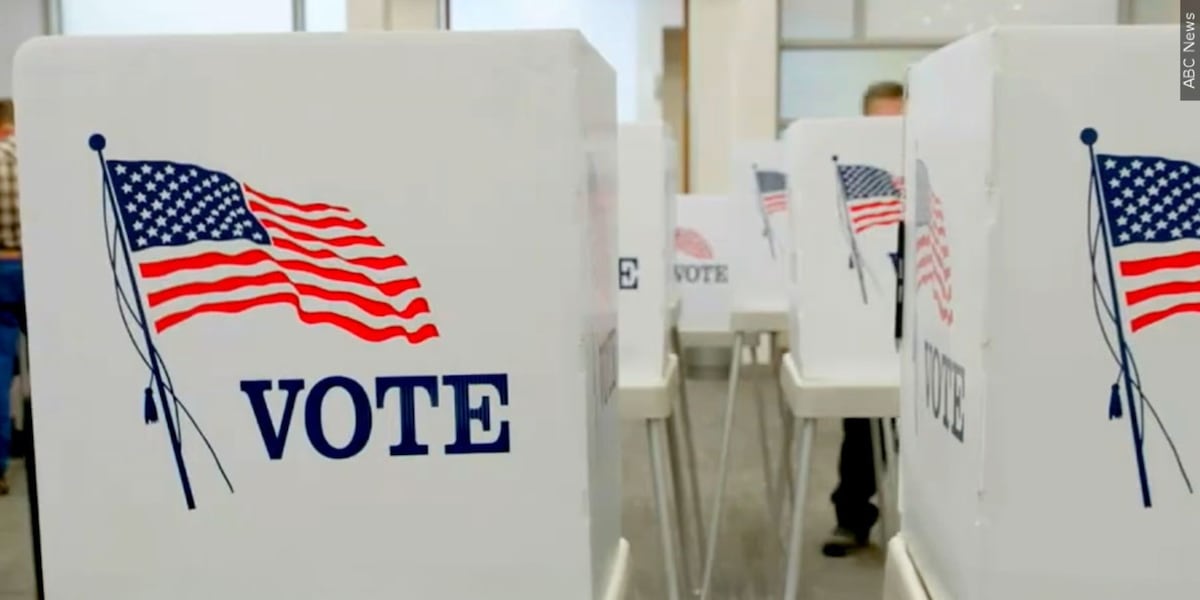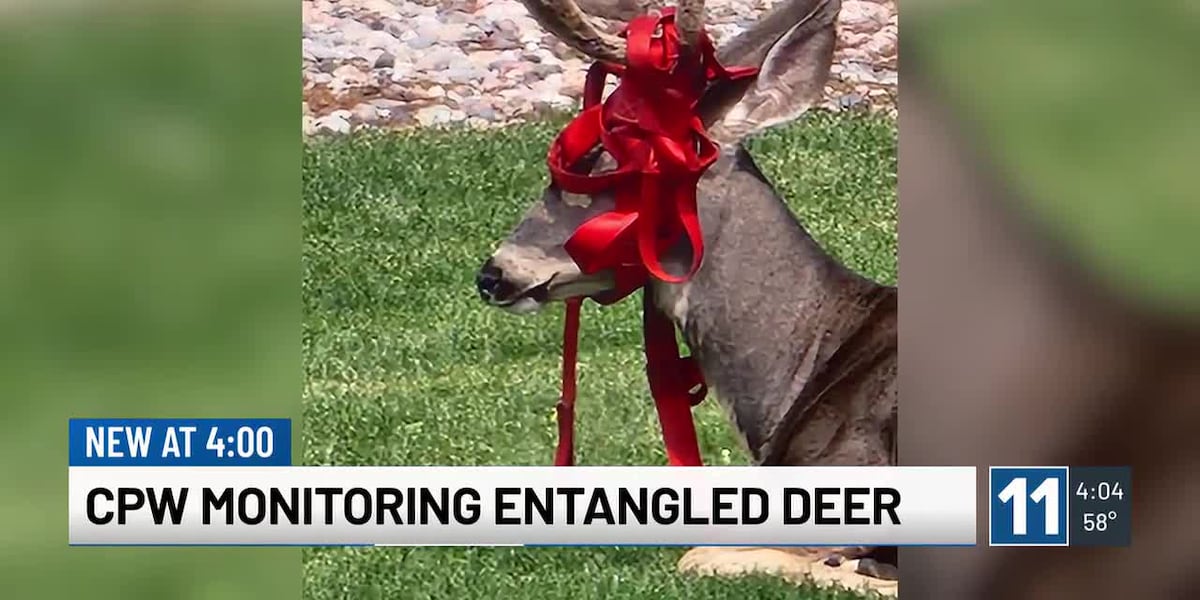Colorado’s new prescription drug review board decided in a first-in-the-nation vote that a medication costing more than $200,000 a year doesn’t qualify as “unaffordable,” based on the drug’s benefits to patients and the availability of coupons to cover out-of-pocket costs.
The Prescription Drug Affordability Board unanimously voted against declaring Trikafta — a drug to treat cystic fibrosis — unaffordable at a meeting Friday morning. If the state’s new board had determined the medication was unaffordable, it would have kicked off a process to set a maximum price that the drugmaker could charge Colorado health plans.
Six other states also have prescription drug affordability boards, but Friday’s meeting was the first time one of those boards decided whether a specific medication was unaffordable. Colorado went further than some of the other states, giving its board the power to set a maximum price that state-regulated insurance plans would pay for certain drugs.
The board’s staff reported that while Trikafta cost an average of $234,439 per patient annually, about half of patients reported they paid $50 or less out-of-pocket each month because either their insurance or assistance programs covered the rest.
Board chair Dr. Gail Mizner said that while drugmakers’ assistance programs aren’t guaranteed to continue in the future, the board’s job was to determine whether the drug was affordable for patients now. Trikafta is a “miracle drug,” she said, but the board still can consider setting a price limit in a future year if patients report they can’t access it.
“This is not the ultimate answer,” she said of Friday’s vote.
Manufacturers’ coupons take care of individual patients’ out-of-pocket costs, but raise costs for everyone paying for insurance because they allow drugmakers to keep charging high prices, said board member Dr. Sami Diab. But fixing that is beyond the scope of Colorado’s board, he said.
Cystic fibrosis is caused when a person inherits two copies of a mutated gene, causing sticky mucus to build up in the lungs and other organs. People with the disease are at higher risk from respiratory infections, and sometimes develop malnutrition because the mucus interferes with the digestive system.
The Cystic Fibrosis Foundation estimated about 700 people in Colorado have the disease.
Groups representing cystic fibrosis patients had raised alarms that setting a price limit on Trikafta could push manufacturer Vertex Pharmaceuticals to refuse to sell in Colorado. Supporters of the board’s process argued that companies were bluffing to avoid cuts to their revenue.
Trikafta works on a mutation shared by about 90% of patients with cystic fibrosis. Studies found that patients taking it had better lung function and fewer hospital admissions, and reported better quality of life. The drug has only been on the market for about four years, but some researchers project it could allow patients to have a near-normal lifespan. As of 2021, about half of people with cystic fibrosis who had died were 34 or younger, according to the Cystic Fibrosis Foundation.
Jennifer Reinhardt, a Denver woman whose 22-year-old daughter has cystic fibrosis, told the board that Trikafta gave her daughter hope and allowed her greater freedom, since she no longer needs to spend hours using a machine to break up the mucus in her chest. She said she also worries that limiting prices for rare-disease drugs could discourage companies from developing new treatments, such as Vertex’s new gene therapy for sickle cell disease.
“She was not able to plan for her future. Now she can,” Reinhardt said of her daughter. “She just wants to live.”
Rose Keller, who is in the minority of cystic fibrosis patients who have a mutation that doesn’t respond to Trikafta, told the board that while she would personally pay anything for a cure or treatment that improved her life, allowing drug companies to set their price means resources aren’t available for other priorities in society, such as education.
“If Vertex is allowed to charge whatever it wants, what is to stop whatever company comes up with my drug?” she said.
In the new year, the state’s Prescription Drug Affordability Board will consider four other drugs for possible price limits. It chose five drugs from a list of medications whose prices rose at least 10% in the last year, brand-name medications that cost at least $30,000 per year and generics that cost at least $100 per month.
The other drugs the board is evaluating are:
• Genvoya, a combination pill for HIV, with a list price of about $4,000 per month
• Enbrel, used for rheumatoid arthritis and other autoimmune diseases, with a list price of more than $6,800 per month
• Cosentyx, used for psoriatic arthritis and other autoimmune diseases, with a list price of more than $6,900 per month at typical doses
• Stelara, used for Crohn’s disease and other autoimmune conditions, with a list price of more than $12,000 a month
List prices may not reflect what health plans or individuals pay for drugs, because they don’t account for rebates.
Priya Telang, communications manager for the Colorado Consumer Health Initiative, said the board went through an exhaustive process to determine whether Trikafta was affordable, which revealed important information, such as it costs $6,000 a year to produce the drug for each patient.
Vertex’s threat to pull out marred the process, though, and terrified patients unnecessarily, she said at a news conference after the board meeting.
“It’s completely unconscionable that a company that brings in billions of dollars would threaten to withhold medication that costs $6,000 to produce,” she said.
Sign up for our weekly newsletter to get health news sent straight to your inbox.































